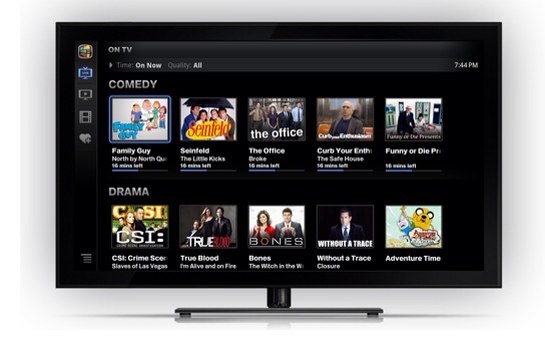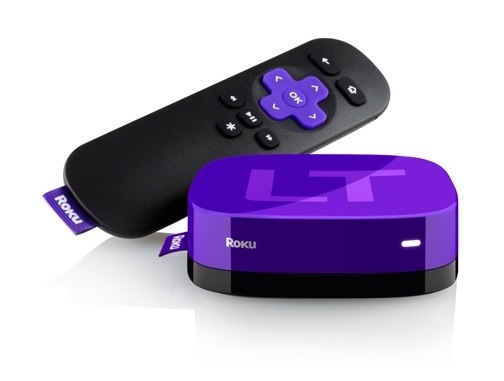 Giving people more options is generally a good thing, and the announcement on Tuesday that Verizon would offer a couple dozen FiOS cable TV channels through a new Xbox Live app certainly isn’t a bad thing. But it’s also a reminder of all that we still lack when it comes to consuming what we want to consume, and not subsidizing piles of stuff we don’t.
Giving people more options is generally a good thing, and the announcement on Tuesday that Verizon would offer a couple dozen FiOS cable TV channels through a new Xbox Live app certainly isn’t a bad thing. But it’s also a reminder of all that we still lack when it comes to consuming what we want to consume, and not subsidizing piles of stuff we don’t.
The FiOS deal sounds sweet enough—watch live TV through your Xbox 360!—until you realize it’ll require you already have a Verizon FiOS subscription. In that sense, Verizon’s deal is like all the others from cable providers who offer their services through devices likes computers or laptops. What sounds wonderful in theory—the ability to watch live TV without a cable box—turns out to require the cable box after all, and a regular subscription to boot. Instead of supplanting cable boxes, your computing devices become adjuncts to an aging, increasingly old-school method for consuming digital content, not the independent pipelines for discrete digital content they’re capable of being…and that so many consumers seem to be looking for.



 Marc Randolph, a former Netflix employee–he was a founder and the first CEO–has
Marc Randolph, a former Netflix employee–he was a founder and the first CEO–has 

 At the CEDIA home electronics show in Indianapolis, TiVo announced a new TiVo: the
At the CEDIA home electronics show in Indianapolis, TiVo announced a new TiVo: the